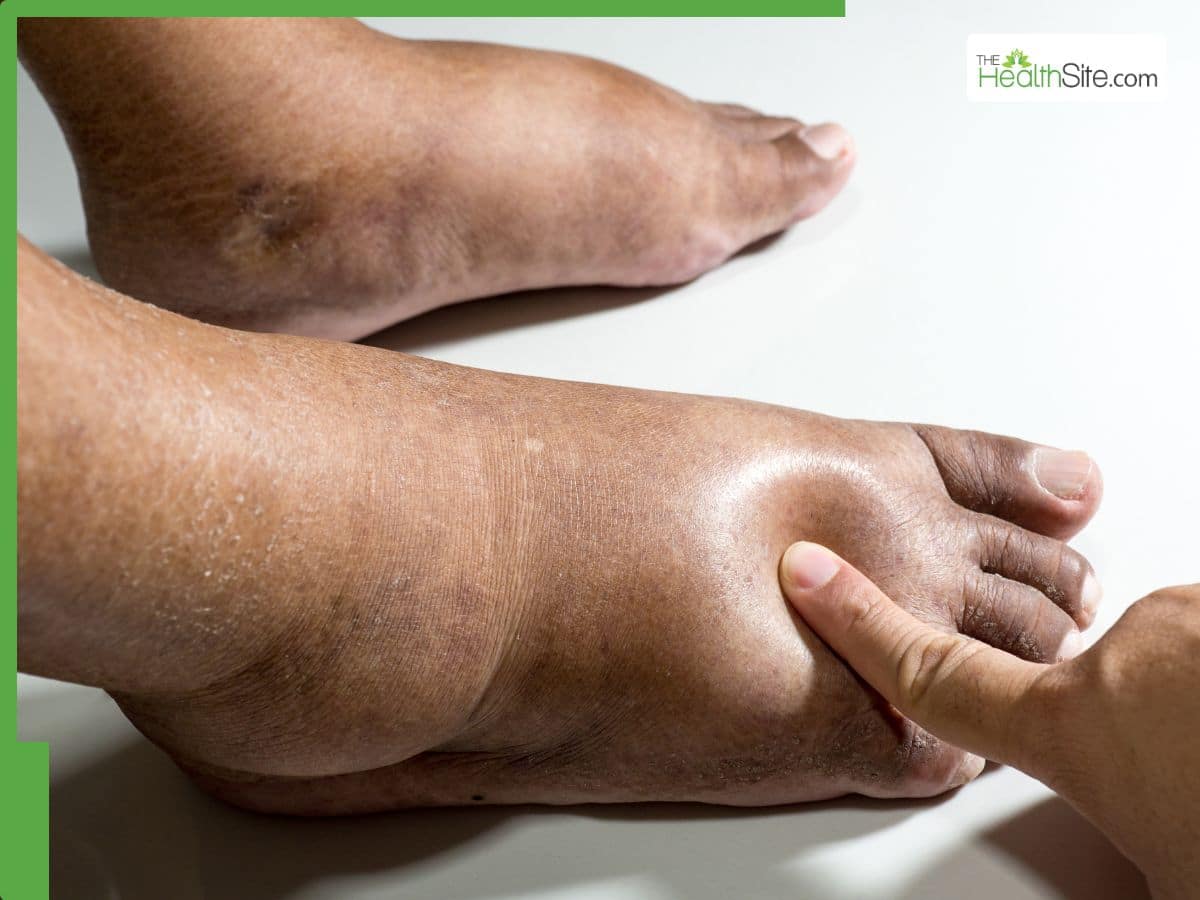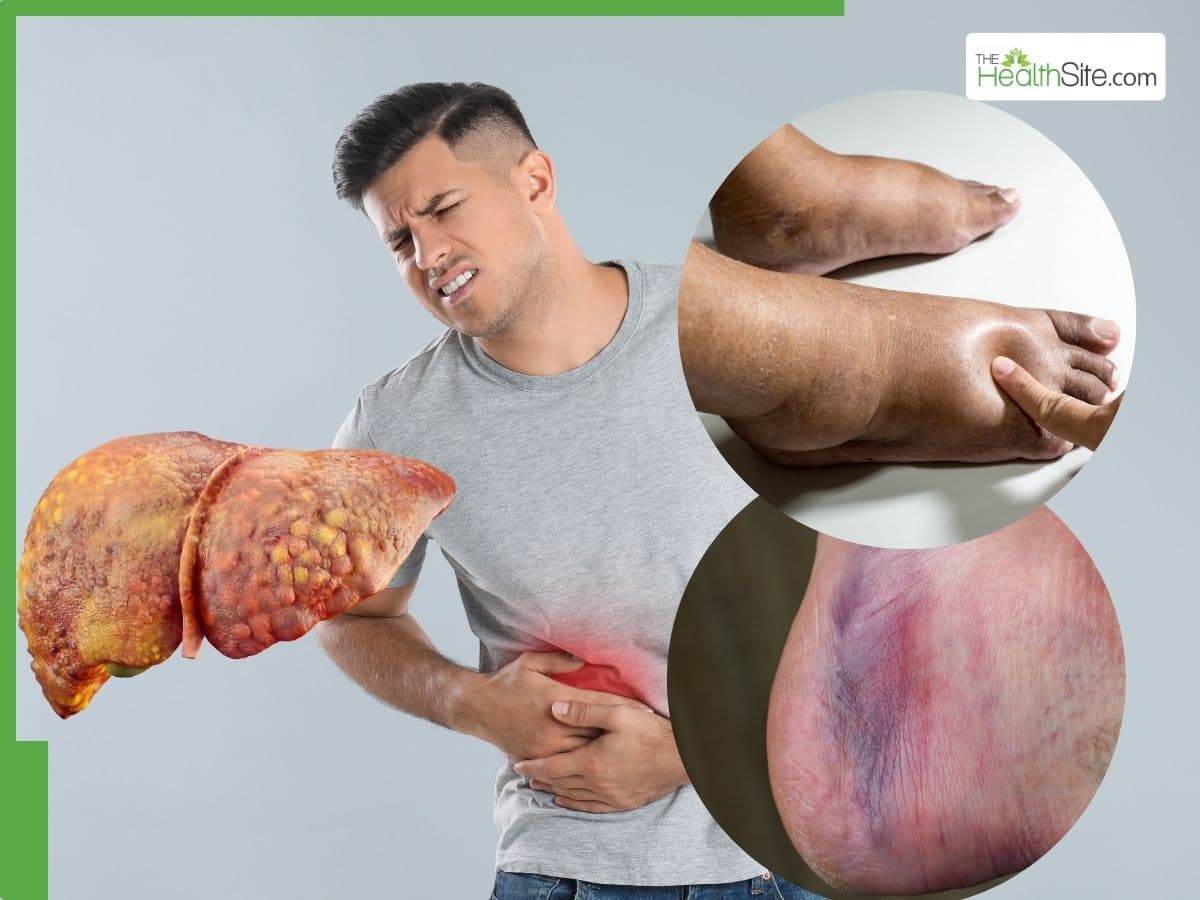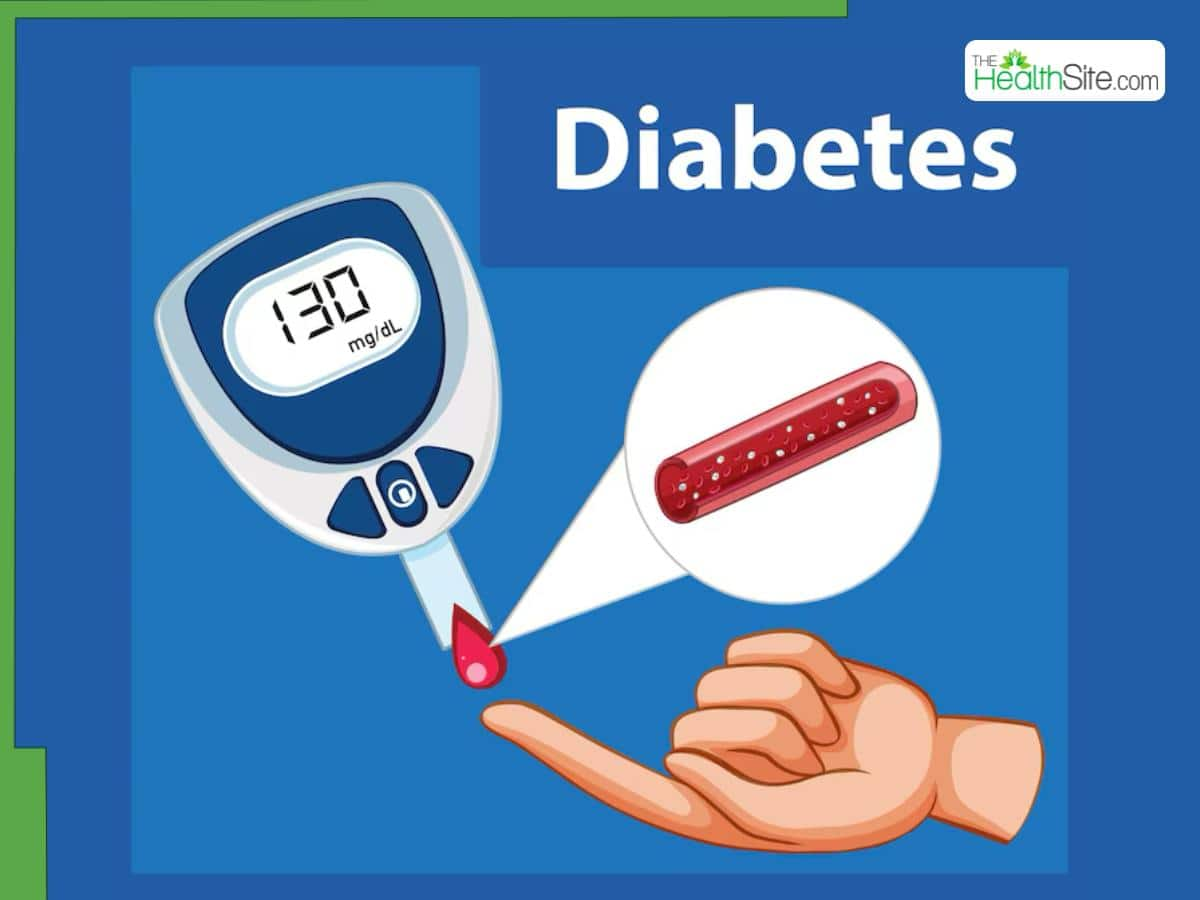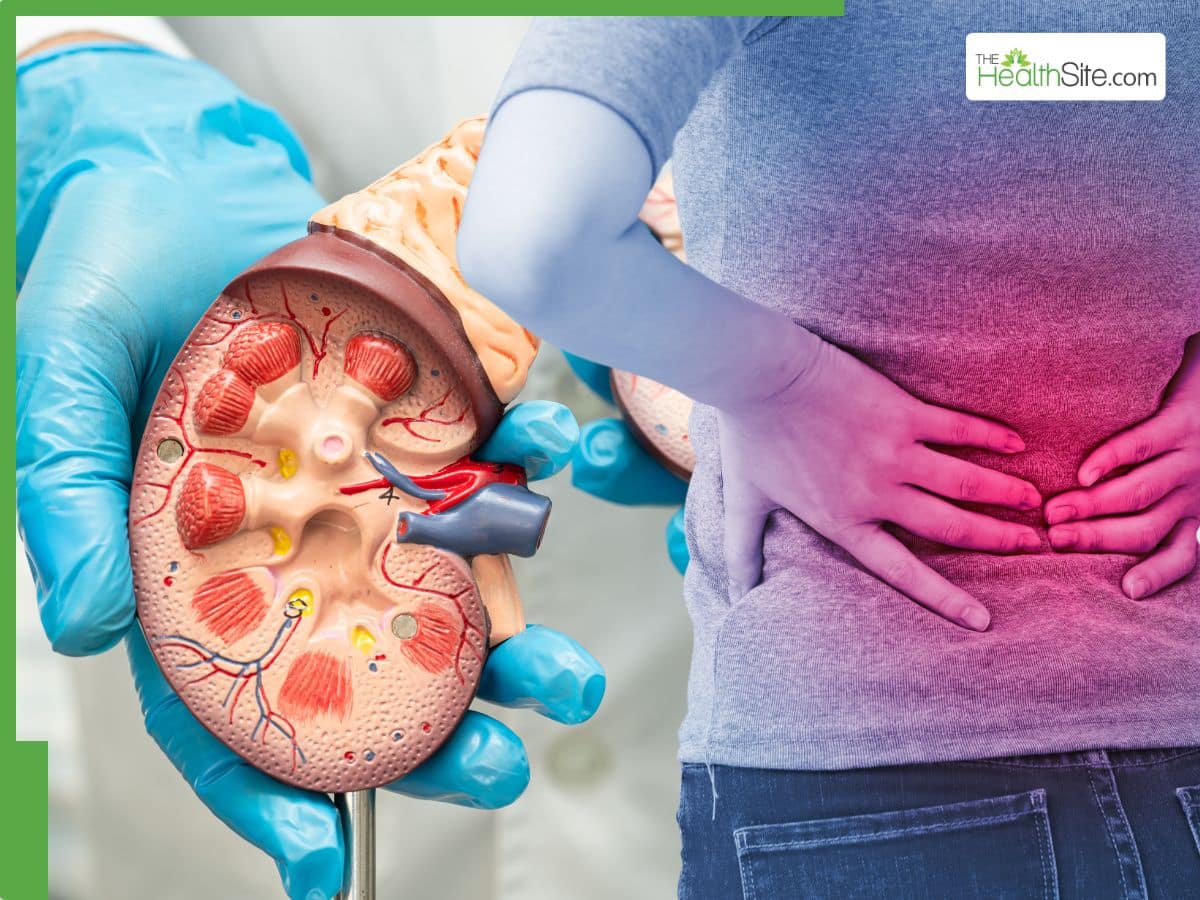Written by Satata Karmakar | Published : January 4, 2025 7:56 PM IST Black Stool Causes: How many of you know that the colour of your stool can say everything about the underlying conditions you are suffering from? Yes, you read that right! The color and consistency of stool can speak volumes about your overall health. As per experts, black-colored stool, medically referred to as melena, can sometimes indicate underlying health conditions. While certain dietary choices or medications, like iron supplements or bismuth subsalicylate (found in some antacids), can darken stool, persistent black stool is often a sign of gastrointestinal issues that warrant medical attention. In this article, we take a close look at the top 7 diseases and conditions that can cause black-colored stool. More News Have you ever wondered what the colour of your stool says about your health or underlying condition? Well, there are 7 diseases that can turn your poop black, here is a list of 7 such conditions: Peptic ulcers are sores that form on the lining of the stomach or the small intestine, potentially causing bleeding which leads to black stool. The main culprits behind peptic ulcers include the Helicobacter pylori infection and long-term use of nonsteroidal anti-inflammatory drugs (NSAIDs). If you find yourself with black stool along with stomach pain, it's essential to seek medical care. Gastritis, or inflammation of the stomach lining, can also be a cause of black stool. It may result from excessive drinking, chronic vomiting, or medication use. Symptoms can include nausea, vomiting, and stomach discomfort. If gastritis leads to bleeding, this can darken your stool. Esophageal varices are swollen veins in the esophagus that may burst, resulting in heavy bleeding. This condition often arises with liver cirrhosis. If bleeding occurs, the blood can move through the digestive system and show up as black stool. Those with liver issues should be alert to changes in stool color. Black stool can also be a sign of colorectal cancer , especially if there's bleeding in the upper gastrointestinal tract. Early detection is crucial as treatment tends to be more successful at earlier stages. Regular screenings and awareness of symptoms are key for individuals at risk. Diverticulosis involves small pouches forming in the colon wall. If these pouches become inflamed or infected, they can bleed, leading to black stool. Often, this condition has no symptoms, making it vital to monitor any changes in bowel habits and stool appearance. Crohn's disease, a type of inflammatory bowel disease (IBD), can cause inflammation anywhere in the gastrointestinal tract. Such inflammation can lead to complications, including bleeding, which may result in black stool. Those with Crohn's disease should stay alert to their symptoms and discuss any changes with their doctor. Angiodysplasia is a blood vessel abnormality in the gastrointestinal tract that may cause bleeding. It's more common in older adults and can lead to black stool. If you experience this symptom, seeking a medical evaluation to find the underlying cause is essential. Black-colored stool is a warning sign that should not be ignored. While it can occasionally result from benign factors, it often indicates underlying gastrointestinal issues that require medical attention. If you notice this, make sure to consult an expert immediately for medical support. Don’t Miss Out on the Latest Updates. Subscribe to Our Newsletter Today! Enroll for our free updates Thank You for Subscribing Thanks for Updating Your Information None
Popular Tags:
Share This Post:

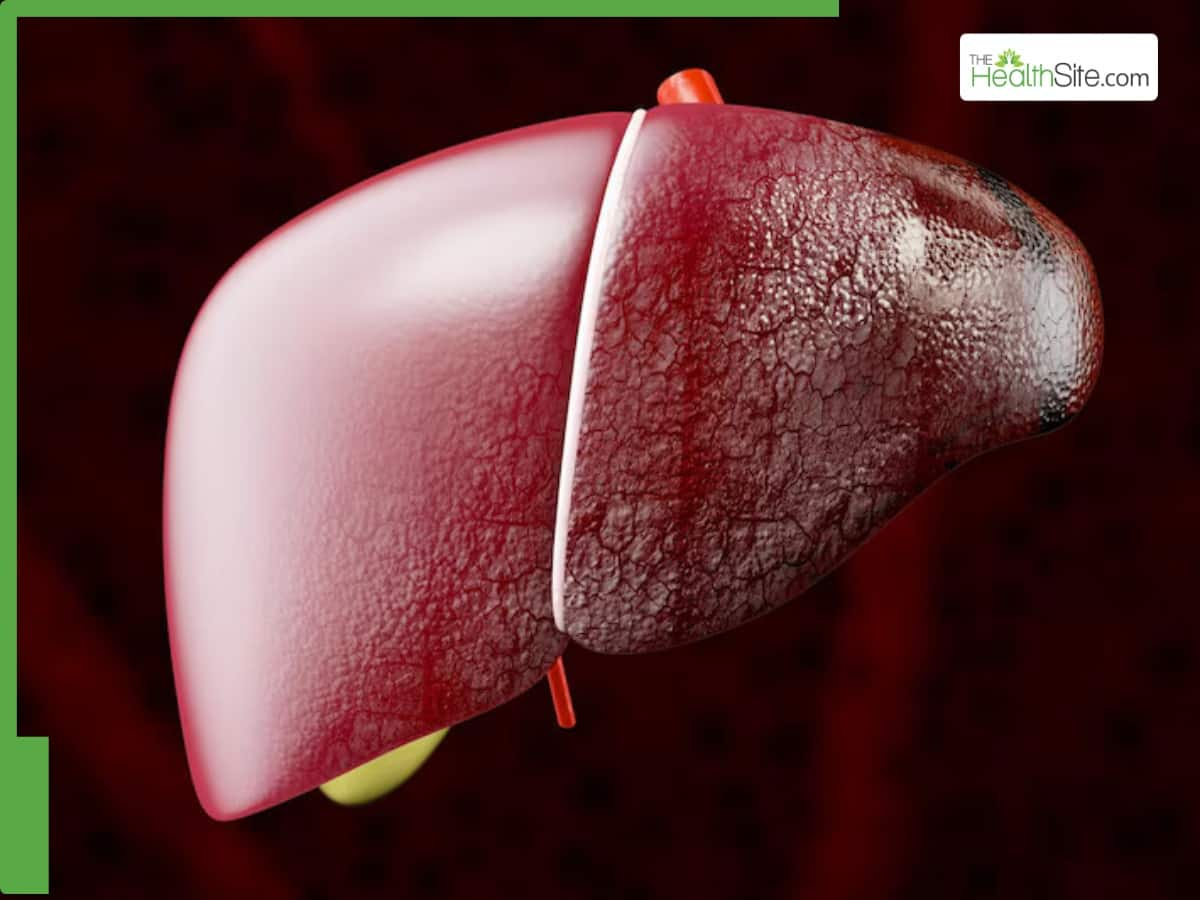
Why A 53-Yr-Old With Black Stools, Swollen Feet, Jaundice Wasn't Aware Of His Fatty Liver Situation
January 6, 2025What’s New
Spotlight
Today’s Hot
-
- January 5, 2025
-
- January 5, 2025
-
- January 5, 2025
Featured News
Latest From This Week
Fatty Liver Signs On Feet: 7 Indicators You Are Suffering From Last Stage Fatty Liver
DISEASES-CONDITIONS
- by Sarkai Info
- January 4, 2025
Healthy Heart Signs: 7 Proven Symptoms Your Heart Is Working Just Fine
DISEASES-CONDITIONS
- by Sarkai Info
- January 4, 2025
Why Follow-Up Care Is Important For Cancer Patients After Undergoing Successful Treatment
DISEASES-CONDITIONS
- by Sarkai Info
- January 4, 2025
Subscribe To Our Newsletter
No spam, notifications only about new products, updates.











